Fewer places bring out weirder human behavior than airports. Sleeping on floors? Acceptable. Paying $8 for a bag of chips? Acceptable. And 9 a.m. beers? Totally acceptable. Time (and personal space) seems to suspend itself when you're traveling in them. And psychologist Steve Taylor, a Senior Psychology Lecturer at Leeds Beckett University, explained exactly why everything and everyone feels so weird when you're in an airport with The Conversation.
Simply put: airports cause disorientation. "Due to the haziness of time and place, airports create a sense of disorientation," he explains. "We define ourselves in terms of time and place. We know who we are in relation to our daily routines and our familiar environments. We also define ourselves in terms of nationality. Without such markers, we may feel adrift."

The airport itself can also be a loud, noisy, and stressful place--and Taylor points to environmental psychology to explain that this can also cause human to become "overloaded". He adds that stress and anxiety also lead to irritability, making the airport a place where angry outbursts are more common.
Another thing that essentially evaporates in airports is the concept of time. "Time becomes a hazy concept at airports. About to step on a plane, we are in a liminal space between two time zones, about to leap forward in time, or even head back into the past," says Taylor. "Some flights across the US – such as Atlanta to Alabama – land earlier than departure time, as they cross time zones. Being able to manage our time gives us a sense of control over our lives. Losing this may be another source of anxiety."

The concept of time is also thrust into a vacuum as we abandon our present lives and schedules and focus on our upcoming journey and destination. "Everyone’s attention turns towards the future, to their flights and the adventures ahead of them when they arrive at their destination. This intense future focus often brings frustration, especially if flights are delayed," says Taylor.
Airports are the in-between place that holds us from present 'real-life' and 'future-life' of our destinations, and this can be disorienting as well. Taylor explains this concept in relation to a Celtic concept called thin places. "In Celtic cultures, there is a concept of special 'thin places'–often sacred groves or forests–where the veil between the material and spiritual world is thin. In thin places, we are between two realms, neither fully in one place nor another," he says.
While at the airport, you're not really 'here' nor 'there–so the "concept of place becomes hazy." He adds, "They are liminal zones where boundaries fade. On a literal level, national borders dissolve. Once we pass through security, we enter a no man’s land, between countries."

Finally, Taylor points out that personal boundaries also become obsolete at airports. "As well as anti-social behavior, airports may play host to pro-social behavior, where strangers share their travel and holiday plans, speaking with unusual intimacy. In no man’s land, normal social inhibitions don’t apply. And alcohol can further lubricate this social cohesion," he explains.
So the next time you are traveling and feel adrift, know that it's not only normal–but totally expected. "





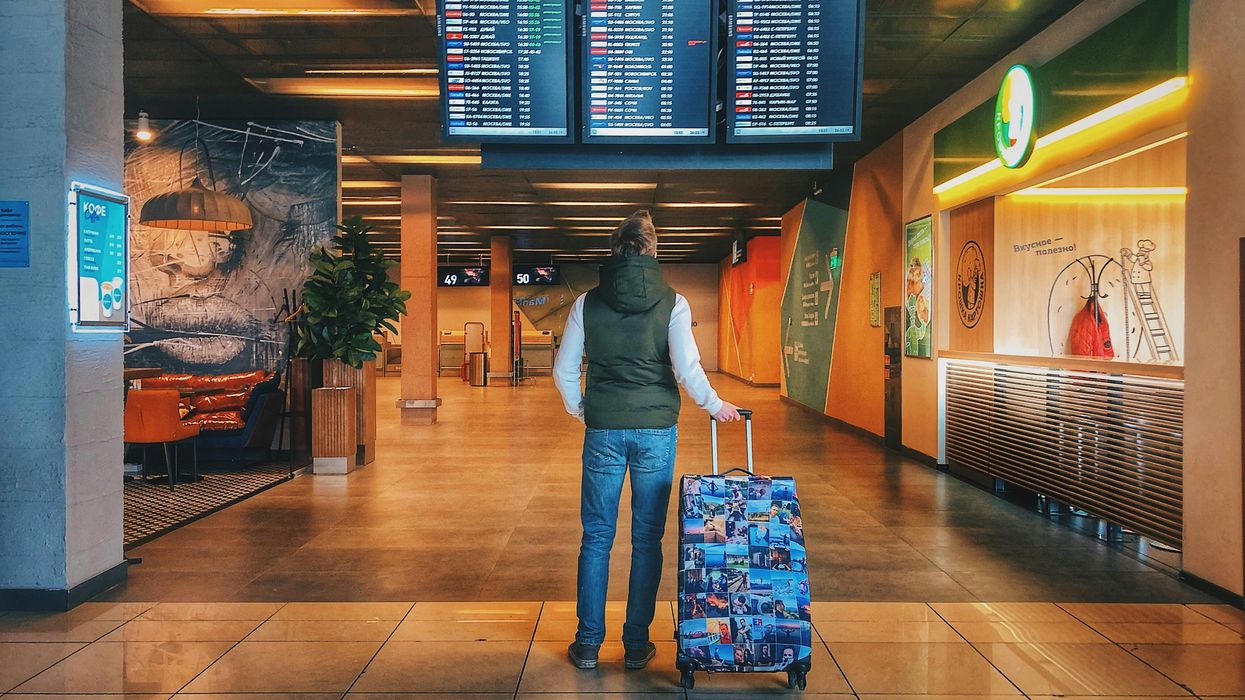






 It wasn't even February, so she wasn't expecting what came next.
It wasn't even February, so she wasn't expecting what came next.  The hug came first, the 'yes' took a few moments more.
The hug came first, the 'yes' took a few moments more. 





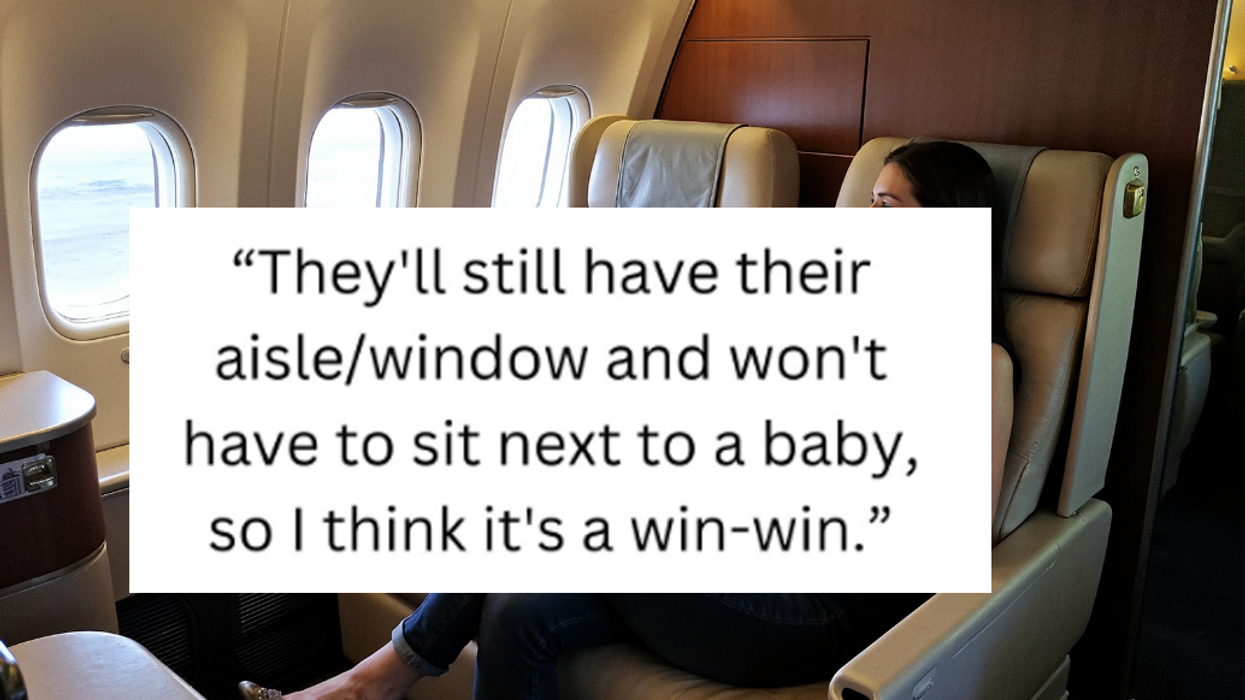
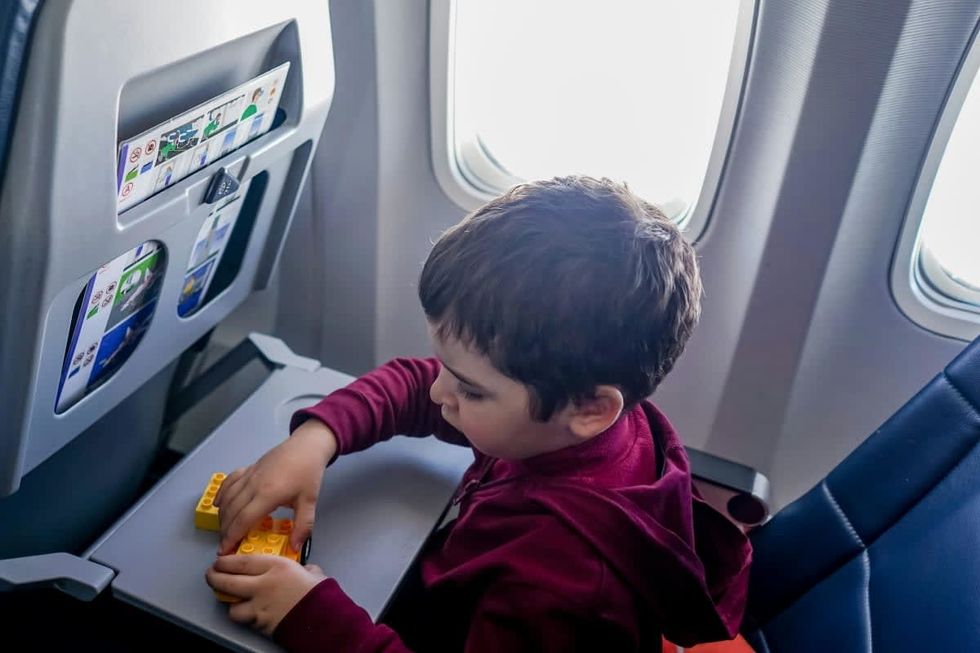 Representative Image Source: Pexels | Oleksandr P
Representative Image Source: Pexels | Oleksandr P  Layout of the plane seatsImage Source: Mumsnet |
Layout of the plane seatsImage Source: Mumsnet | 



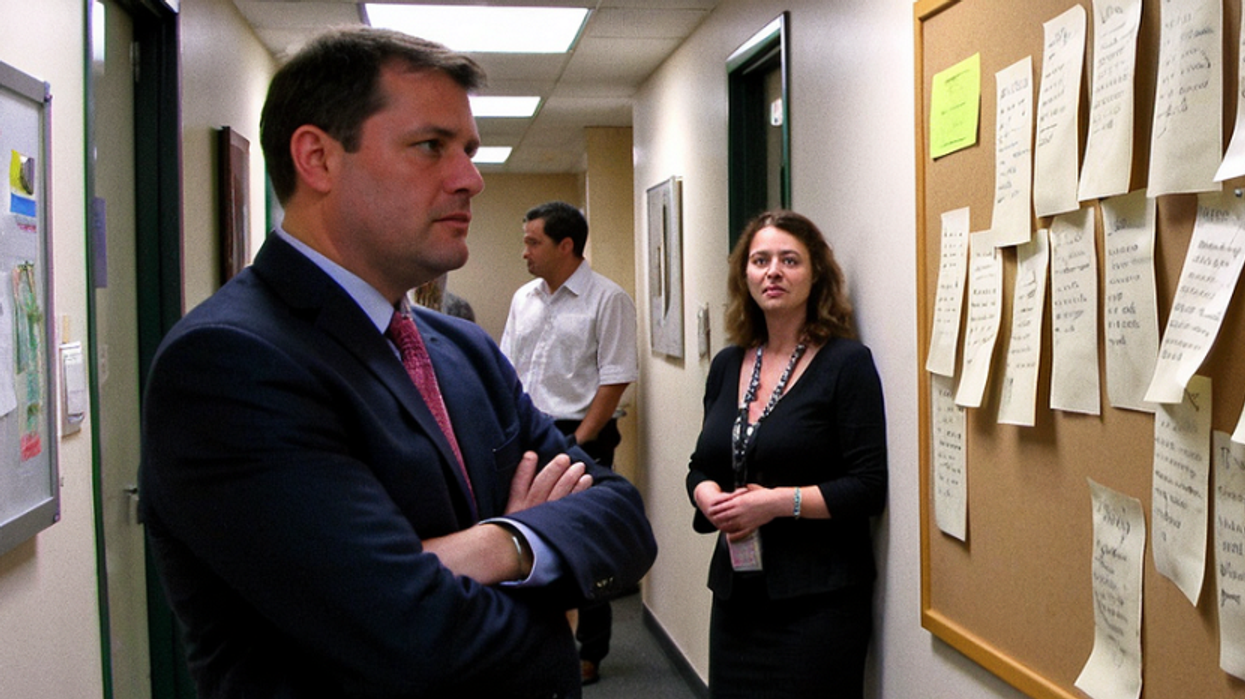
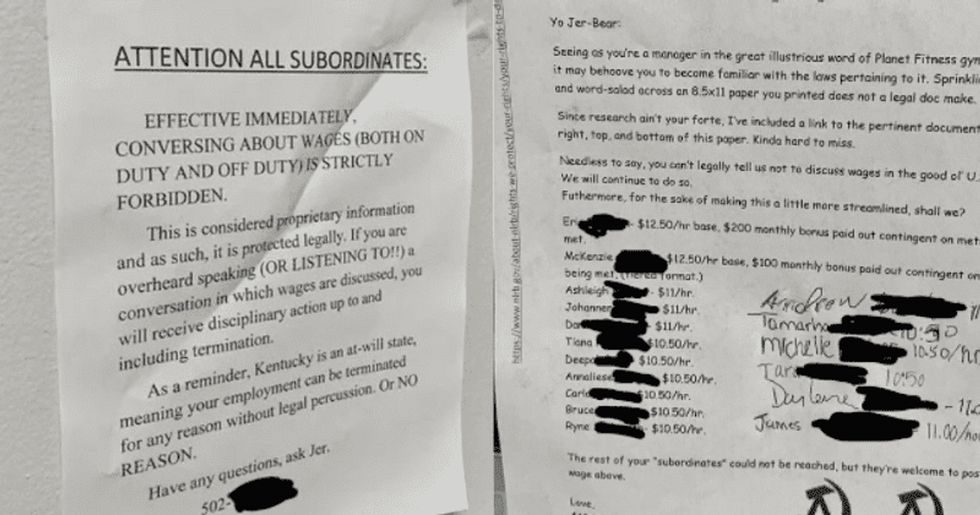 Image Source: Joshua Potash | Reddit
Image Source: Joshua Potash | Reddit 



 Representative photo by luis arias |
Representative photo by luis arias | 
 Representative photo by Jamie Lee |
Representative photo by Jamie Lee | 
